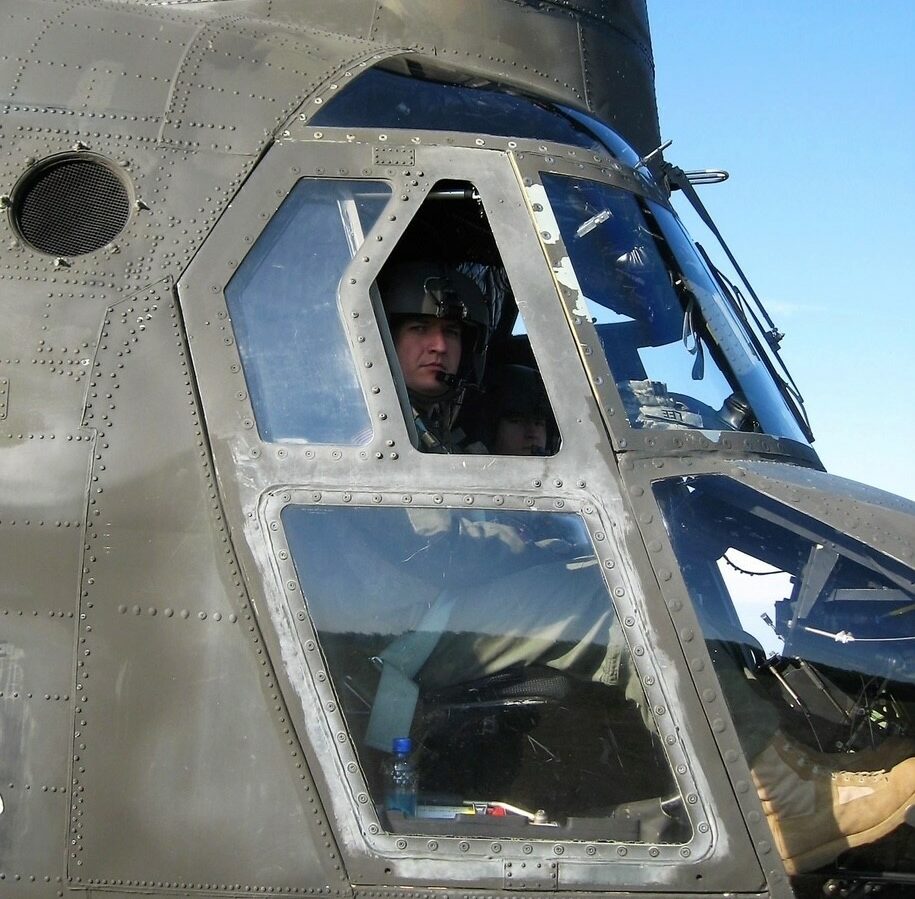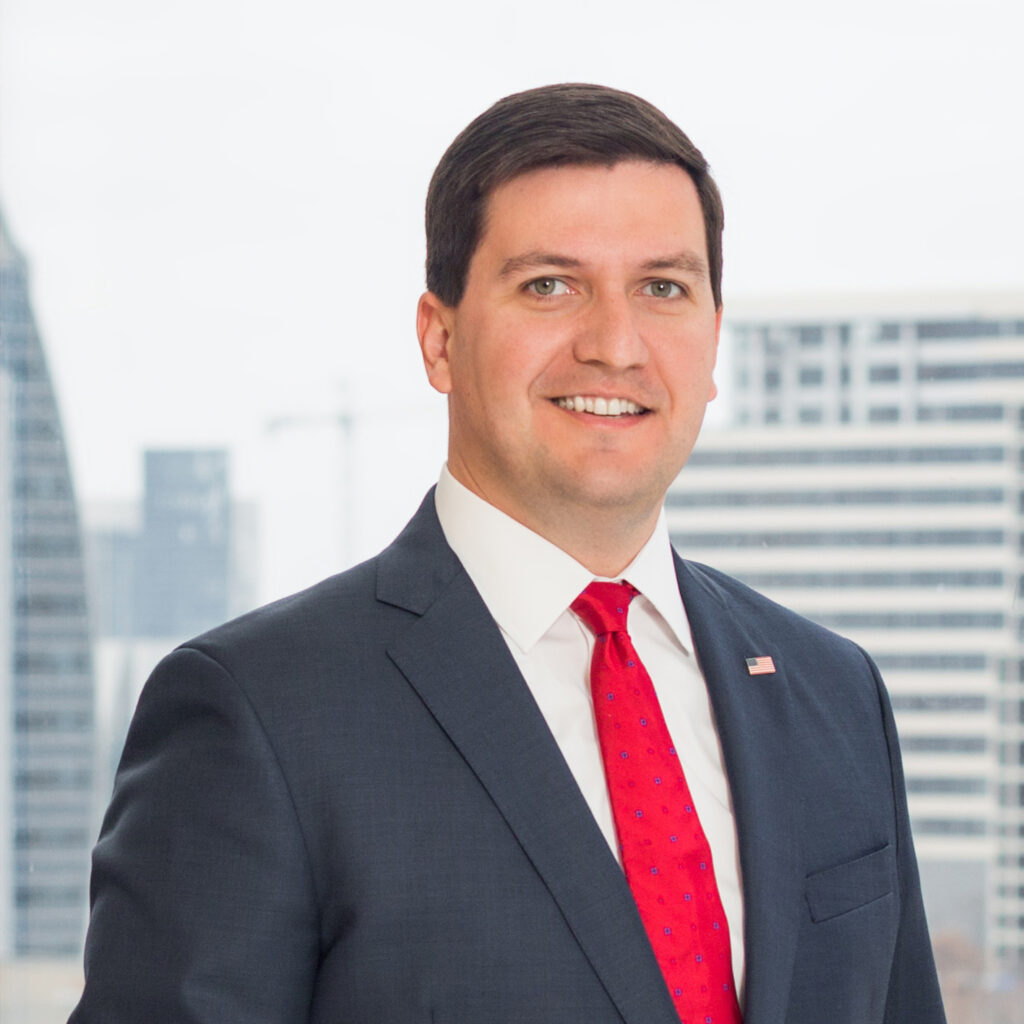
On Aug. 27, 2001, while a junior at Texas A&M University, I signed a contract to join the Army upon graduation. I told my then-girlfriend and now wife that I didn’t want to make the military a lifelong profession. Rather, I told her that if a war broke out, I’d want to be able to do my part.
Up to that point, the two most prominent armed conflicts in my lifetime were Operation Desert Storm – which lasted 43 days – and the NATO bombing campaign in Bosnia. I didn’t have any reason to think that the U.S. would be involved in a large-scale military operation in the foreseeable future, much less within a few days. The events of Sept. 11 would obviously change the trajectory of my military career and have a profound impact on my life.
There was another event around that time that also had an impact on me. On Sept. 9, 2001, the first episode of the miniseries Band of Brothers premiered on HBO. Based on the Stephen Ambrose book of the same name, the series followed a company of paratroopers from D-Day through the end of World War II. I watched the series (and read the book) in the immediate aftermath of the Sept. 11 terrorist attacks.
Revisiting the exploits of the World War II generation – a group that had attained near-mythical status – in the midst of a national crisis created an interesting juxtaposition. That generation had lived through the Great Depression, suffered the shock of the surprise attack at Pearl Harbor and subsequently defeated tyranny in Europe and the Pacific. The tagline of the series encapsulated the premise: There was a time when the world asked ordinary men to do extraordinary things. Our country was again facing a major crisis, and I wondered how my generation would measure up.
Two and a half years later, as a newly minted lieutenant in the U.S. Army, I reported to Fort Rucker, Alabama, to learn to fly helicopters. Within a month of finishing flight school, I deployed to northern Pakistan to fly relief supplies into the remote, earthquake-ravaged Kashmir region.

Helping victims of a natural disaster was a gratifying way to start my time in the Army. Each day afforded the opportunity to help those in need, while also seeing some of the most picturesque terrain in the world.
I later relocated from Pakistan to southern Afghanistan to support Operation Enduring Freedom. The mission in Afghanistan was certainly harsher and more perilous than what I had experienced in Pakistan. Instead of delivering relief supplies to victims of a natural disaster, I was supporting combat operations in an inhospitable part of the world. I nevertheless found it to be equally rewarding. Regardless of one’s opinion about the war, it was critical to provide support to our forces, and every flight mattered.
I returned to Afghanistan for a second rotation in 2011. This time, I would be flying almost exclusively at night, serving as a glorified getaway driver for Rangers and SEALs. Flying the most elite warriors our nation has to offer was a heady experience. Every single mission was of critical importance, and it was exhilarating to be a part of it. Unfortunately, the exhilaration would be punctuated by tragedy.
On Aug. 6, 2011, one of our helicopters (call sign Extortion One-Seven) was shot down, killing all 38 aboard. Among the dead were 30 Americans, including 17 Navy SEALs, and two pilots and three flight crew members from my unit. It would go down in history as the greatest single-incident loss of American life in the war in Afghanistan.
In the aftermath of this horrific incident, my thoughts wandered to the World War II generation. I understood that our loss, while certainly tragic, was one that had occurred in spades during World War II. I wondered whether we would have the same grit to endure and accomplish our mission.
Perhaps it’s in our nation’s DNA, but I watched my fellow service members, some as young as 19, grieve the loss of their comrades and then rededicate themselves to our mission. I took comfort in the fact that I was witnessing the latest in a long line of brave Americans. Ordinary men (and women) doing extraordinary things.
In the grand scheme, it would be intellectually dishonest to equate my experiences with those of the Greatest Generation. I came of age during an economic boom, and flying a helicopter in Afghanistan hardly compares to the liberation of Europe. But I think it is instructive to look to the example they provided. Yes, they endured through hardship and accomplished extraordinary things. But their greatest accomplishment, at least in my estimation, was doing great things and then simply going back to work.
Therein lies the challenge for my generation. Compared to prior generations, a very small percentage of us have served in uniform. It’s tempting to feel special (and entitled) when you’re one of a few, especially when you’re constantly being thanked for your service. I doubt I’ll ever do anything that can match the intensity and exhilaration of serving in the military, which can make it even easier to live in the past. As tempting as that might be, it’s the obligation of every veteran to follow the example of the World War II generation and, for lack of a better phrase, get back to work.
I’m probably luckier than most. In the law, I’ve found a profession that provides a sense of purpose. And at my firm I’ve found a place that puts a premium on concepts we used in the military, like teamwork, mutual respect and service to others. This profession has afforded me the opportunity to engage in community involvement in a variety of capacities, whether it be service on charitable boards or coaching my kids’ sports teams.
It is my sincere hope that other veterans – particularly those of my vintage – can also find ways to continue serving. Our obligation to the nation shouldn’t end when we shed the uniform.
I’d be remiss if I didn’t conclude with a note of gratitude. Twenty years after I signed a contract to join the Army, I have much to be thankful for. I’m thankful to you, the taxpayer, for paying me to learn to fly and for the post-9/11 GI Bill that allowed me to go to law school debt-free. I’m thankful for the men and women I served with who taught me important lessons about leadership and sacrifice. I’m thankful for those Americans who served in World War II, Korea, Vietnam and countless other conflicts who left a proud legacy for the rest of us to follow.
Most of all, I’m thankful for those we lost who, to quote Abraham Lincoln, “gave the last full measure of devotion” in service to our nation. They deserve to be remembered, and we all owe a duty to live lives worthy of their sacrifice. Never forgotten.
Justin Lee is a trial and appellate attorney in the Dallas office of Jackson Walker LLP. He served in the U.S. Army from 2004 to 2012.
